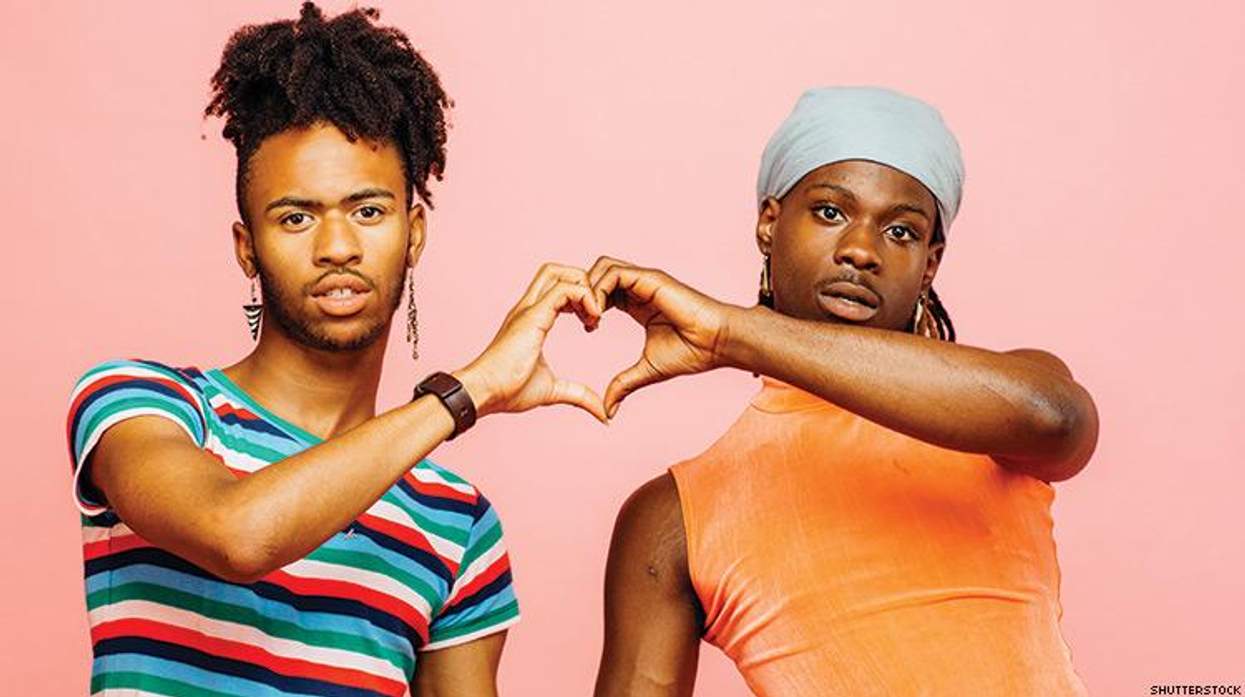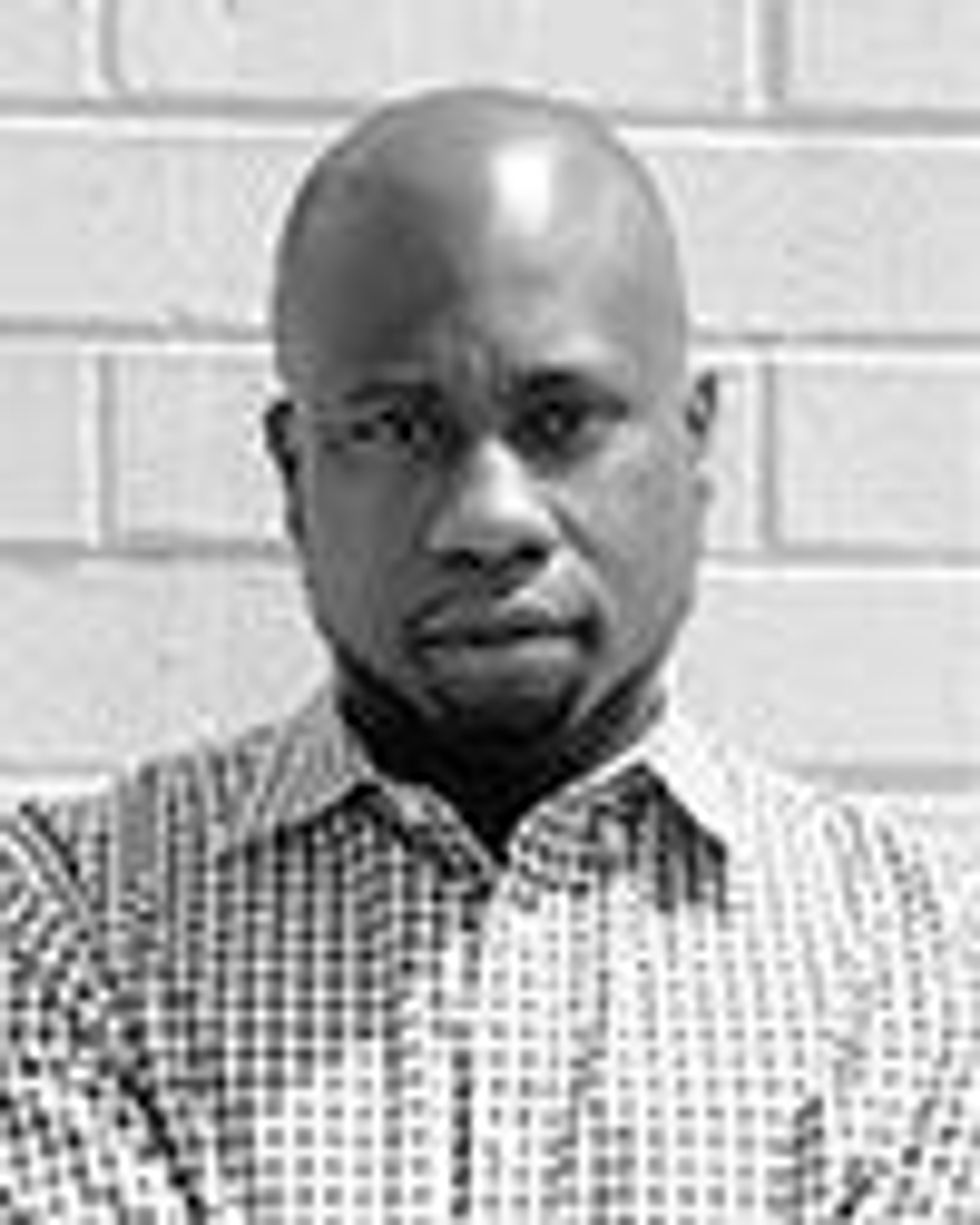One of the greatest and perhaps most well-intentioned cliches of our time is the often avowed disaffinity for the "usual suspects." These are the people who are expected to show up to meetings. The ones we can count on to fill seats. Familiar faces. The already converted. Because they aren't new faces, or even the desired unconverted, their presence might be welcomed but not always valued.
In a meeting, workshop, group, or event, when you look around the room and don't see new faces, you may feel disappointed. You may even feel compelled to say something dismissive of the people in the room. New is better, right?
Certainly, any attempt to broaden this great LGBTQ and HIV movement tent should be absolutely encouraged. However, in our attempt to reach far and wide, I wonder who we look past in the process.
A few years ago, I began noticing in the HIV movement a pursuit of the elusive non-identified black men that pharma companies call "men who have sex with men." Typically, the MSM man is perceived as someone who does not identify with the LGBTQ community. He is also perceived as someone that would not voluntarily come to an AIDS service organization for prevention, treatment, or care services. I've often wondered if the search for such men is connected to our fixation with conventional masculinity, and if that has led us to become overly reliant on salacious social marketing campaigns and spiritually bankrupt events anchored by celebrity worship, rather than the power of the space and incentive of community.
My belief has always been that if you build it they will come. This means reaching people in the real world, not just setting up Facebook events and flyers. Calling people, talking to people in person, forging strategic partnerships across movements, and crafting messages that move hearts and minds.
More about the usual suspects: Perhaps we romanticize our movement's history, but I'm certain there were not always a million people at every community meeting. Sure, there were epic triumphant moments. But movements are not won based on the great, huge, epic moments, but also the times when there are only a few dedicated people in the room, building community one person at a time. Organizing is a process. Impact isn't just about the number of people you reach. It's about building power with the people you do reach, whether it's two people or 200. It's not only about how many rooms you fill, but how many hearts and minds you move.
In the HIV movement, there are folks who frown upon the usual suspects, and my thinking has always been: Are the usual suspects not also being impacted? Do we not want to grow our movement both larger and deeper? Don't many of these usual suspects also struggle with navigating the Byzantine imperial healthcare institutions that plague everyone? Then what good is our movement if we overlook them?
Let's not make assumptions about the people we see more often than others. Just because people show up to meetings and spaces does not necessarily mean they are OK (and have no need for our assistance). To look out into an audience and beat yourself up -- or worse, to beat up the participants -- simply because they are the usual suspects, is terribly antagonizing. Why do we punish people for their loyalty? And haven't we learned that awareness around, say PrEP, does not necessarily equate action?
There is a pervasive internalization of the worst aspects of consumer culture, where we consume people like products and measure our impact not based on lives saved, but the number (or "newness") of bodies in a picture. We should never stop doing our best to reach as many people as possible. Yet the cost should not be overlooking our most consistent supporters.
 Contributing editor CHARLES STEPHENS is an Atlanta-based writer and activist. He is also the executive directorof the Counter Narrative Project. (@CharlesDotSteph)
Contributing editor CHARLES STEPHENS is an Atlanta-based writer and activist. He is also the executive directorof the Counter Narrative Project. (@CharlesDotSteph)


 Contributing editor CHARLES STEPHENS is an Atlanta-based writer and activist. He is also the executive directorof the Counter Narrative Project. (@CharlesDotSteph)
Contributing editor CHARLES STEPHENS is an Atlanta-based writer and activist. He is also the executive directorof the Counter Narrative Project. (@CharlesDotSteph)

































































Charlie Kirk DID say stoning gay people was the 'perfect law' — and these other heinous quotes